7 September 2020
Clinical research into the therapeutic potential of human hookworms is shifting up a gear as the Malaghan Institute of Medical Research sets its sights on allergic and inflammatory diseases.

The programme, which will run a number of clinical trials in patients with allergic and inflammatory disease over the next few years, comes off the back of the Institute’s initial and ongoing study investigating how human hookworms alter their host’s health and immune system profile.
“Hookworms have evolved over millions of years to manipulate their host’s immune system in order to survive, dampening down the human immune system to evade detection and expulsion,” says Professor Graham Le Gros, Director of the Malaghan Institute. “And most importantly they seem able to do this without negatively affecting the human host when administered at the right dose”
“This offers huge therapeutic potential. Inflammatory and autoimmune diseases are characterised by an overactive immune system, so subduing this kind of response is an obvious line of treatment.”
Initially, the Health Research Council of New Zealand-funded programme recruited ‘healthy’ volunteers – people with no pre-existing allergic or inflammatory conditions. Participants were infected with low doses of the human hookworm Necator americanus, to establish a base model of how these commensal parasites modulate the immune system and whether they improve their hosts’ health.
The Institute is now expanding its research, to investigate whether these worms have a positive effect on the health of patients suffering from allergic and inflammatory conditions.
“The long-term goal is to find better treatment options for allergic and inflammatory diseases including coeliac disease, asthma, allergy, multiple sclerosis and inflammatory bowel disease,” says Prof Le Gros.
In collaboration with Dr Stephen Inns from the University of Otago Wellington and Dr Thomas Mules from the Hutt Valley District Health Board, the Malaghan Institute recently began recruiting patients with ulcerative colitis, an inflammatory bowel disease. The trial will explore the feasibility of using human hookworms as a medication-free maintenance therapy for ulcerative colitis sufferers.
Professor Le Gros says chronic allergic and gut inflammatory conditions are a major health issue for a significant number of New Zealanders, especially Māori, and contribute to a large proportion of direct health spending and indirect spending, both through the public health system and private expenditure.
“Although therapies are available in New Zealand, none are curative, all are expensive, and most have significant side effects – leaving the patient in an immune-suppressed state and vulnerable to infectious pathogens. If a controlled hookworm infection is found to be effective and can be delivered and monitored efficiently, it could be an innovative new, low-cost therapeutic option that has the potential to relieve suffering and reduce the economic cost of such diseases.”
Similar trials for perennial allergic rhinitis (hayfever) and eosinophilic esophagitis – a chronic, allergic inflammatory disease of the oesophagus – are in development.
A key part of the wider programme has been to develop a good manufacturing practice (GMP) grade worm that can be used safely for ongoing trials and ultimately in some form as an approved therapeutic product.
“We know that hookworms can modify the immune system and this may be beneficial for a range of inflammatory diseases,” says Dr Inns. “However, one of the difficulties of using worms in clinical practice has been the informal way people get access to these worms – there’s been no control over the process.”
“What we’re doing is developing a process to produce consistent and safe infectious organisms – that can be used safely for ongoing trials and ultimately in some form as an approved therapeutic product.”
Clinicians working with relevant patients have been advised that the ulcertative colitis trial, through the Hutt Valley District Health Board, is now open, and relevant clinicians will be advised of future trials. Interested participants should speak with their clinician about their treatment options, the Malaghan Institute does not recruit patients for clinical trials directly.
Related articles
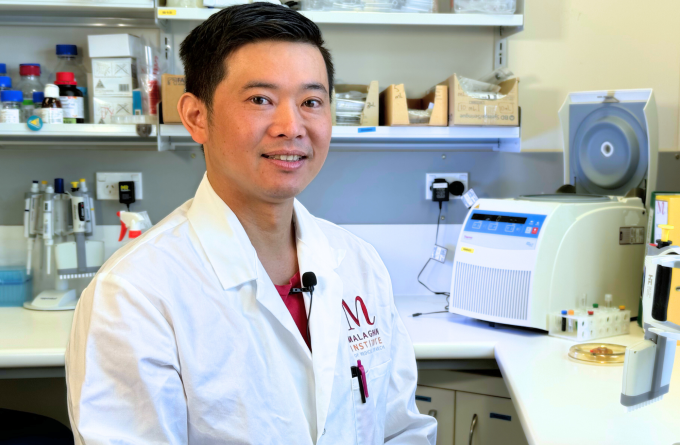
Fighting allergic skin disease at its root
17 December 2024
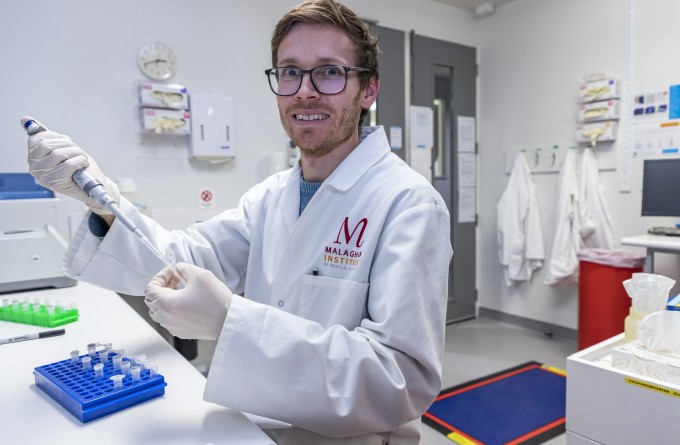
RNZ Our Changing World: Targeting bacteria, and health inequities
4 July 2024
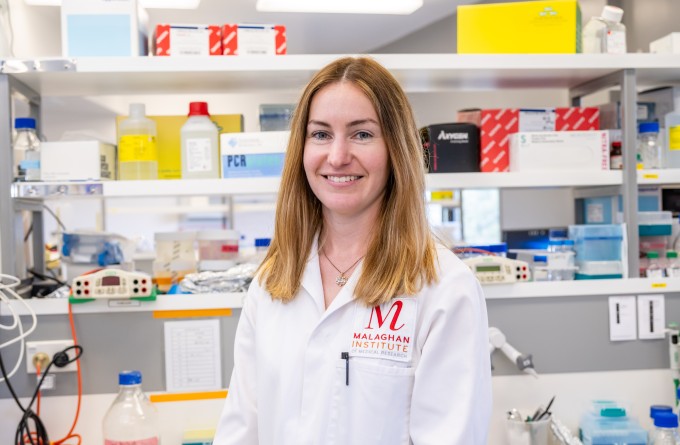
New research deepening understanding of elusive eosinophils
27 June 2024
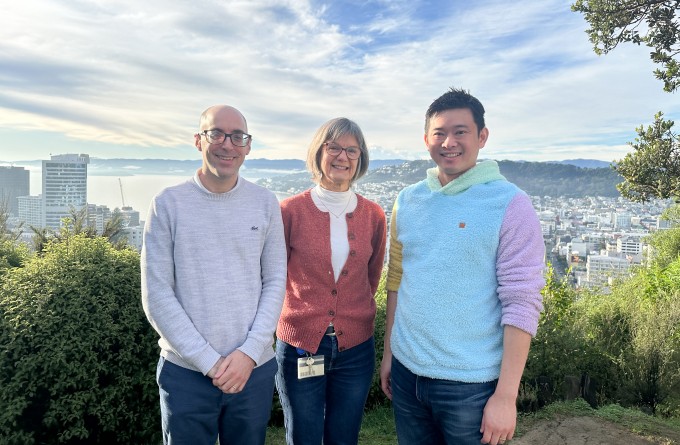
International collaboration finds lipid imbalance in the skin may contribute to inflammatory conditions
24 June 2024
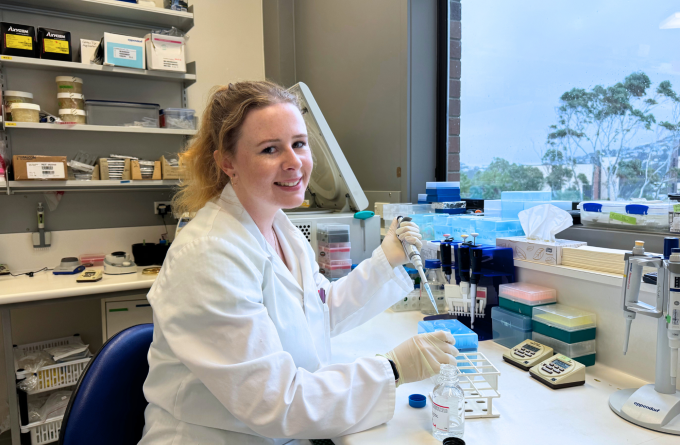
The ever-evolving world of immunology research
13 June 2024
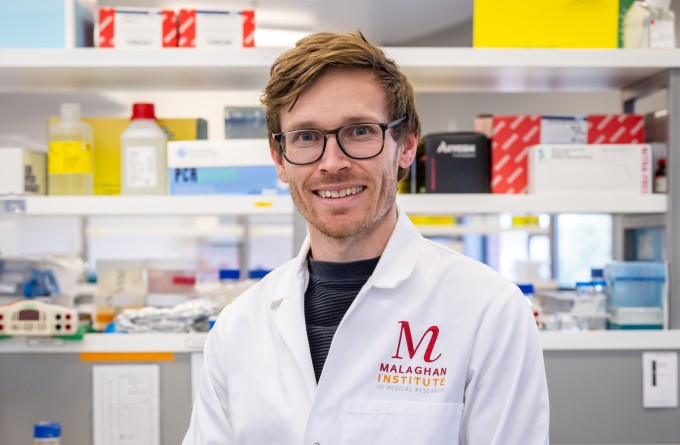
Double doctor: exceptional thesis awarded to Malaghan gastroenterologist
5 June 2024
